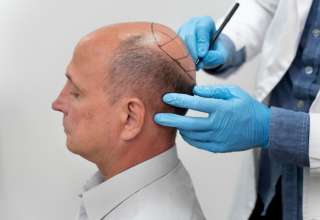Medical schools design their course programs in a very different pattern as they have to give equal precedence to the practical as well as the theoretical portion. The assignments in medical schools are divided into two major portions, preclinical and clinical stages. Pre-clinical classes are confined to theoretical assignments while clinical rotations are a part of the learning process where you have to focus on the practical aspects of it. You might be wondering about the significance of clinical rotation when everything is taught in the classroom. Both stages are crucial for medical students. Let’s try to understand the significance of clinical rotations for developing expertise in a particular medical specialization.
Clinical rotations:
In clinical rotations, students are asked to participate in medical trials and other diagnostic procedures for gaining some relevant experience. They have to participate in all the procedures that they have read in their preclinical stages like prescribing drugs, tests, and incorporating the diagnosis memorized in the class. Some of the core rotations are divided into surgery, obstetrics, gynecology, psychiatry, internal medicine, neurology, family medicine, and pediatrics. MD and DO students have to earn a certain amount of clinical hours for clearing their final examination and it may vary with the type of medical school that you wish to pursue your course with.
Why you should do clinical rotations?
- Clinical rotations provide medical students with a great opportunity of interacting with experts, specialists, and other attending physicians so that they can learn from their experiences and build a network for learning more about this profession. Students get a chance to ask questions and observe the practices being incorporated into their daily routine. They understand the practice of caring for their patients in a real care setting.
- Clinical rotations are quite helpful if you want to learn about a specific specialized area like nephrology. You actually get a chance to interact with the experts in this domain and ask for their suggestions so that you can pursue that career as well. They have practical experience in nephrology and can provide you some of the most valuable suggestions to progress following their ideas.
- It’s a great way to build a network before taking up the specializations. Building a professional network can help you to determine the career path that could help you to establish yourself as a professional in the medical industry. A qualified surgeon would provide you some valuable information in the preclinical stages but it is going to differ significantly during the clinical stages. It will help you to understand the culture and the expectations of a patient or the authorities that you are associated with.
So, if you are pursuing a medical course in any of the specializations, then you must try to make the most out of your clinical rotations as it will provide you a practical experience of the industry. Choose your clinical rotations wisely for a long-term career plan in the medical domain.











